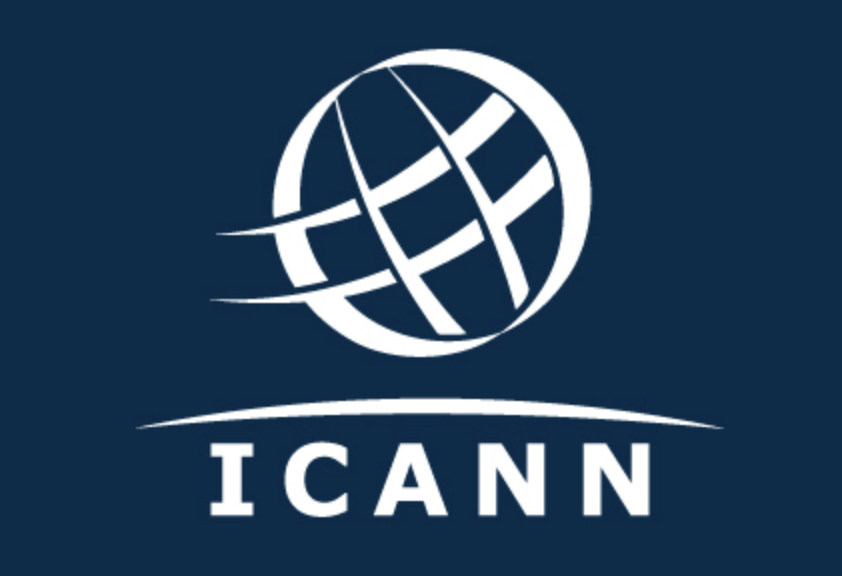- ICANN accused of overreaching and undermining African court decisions
- IP address allocation in Africa may shift to foreign hands if AFRINIC is de-recognised
AFRINIC in turmoil: Court-annulled election deepens crisis
The African Network Information Centre (AFRINIC), the Mauritius-based Regional Internet Registry (RIR) responsible for managing IP addresses across Africa, is teetering on the edge of collapse. On 23 June 2025, a long-awaited board election, meant to restore stability after years of governance chaos, was abruptly annulled over a single unverified proxy vote. This decision, made by court-appointed receiver Gowtamsingh Dabee, discarded hundreds of valid ballots, sparking outrage among AFRINIC’s members and deepening distrust in its governance. The Supreme Court of Mauritius, where AFRINIC is headquartered, extended the deadline for a new election to 30 September 2025, but the damage was done: AFRINIC’s unworkable election standards have cemented its reputation as a failed registry.
ICANN CEO seizes the moment with threats and new powers
Enter the Internet Corporation for Assigned Names and Numbers (ICANN), the global overseer of internet domain systems. ICANN seized on AFRINIC’s turmoil, issuing a series of letters in June and July 2025 that threatened a compliance review under the newly ratified ICP-2 document. This document, adopted in December 2024, grants ICANN unprecedented power to derecognise RIRs deemed non-compliant with global standards.
ICANN’s CEO, Kurt Lindqvist, a Swede with a career rooted in European internet governance, has been vocal in his criticism of AFRINIC. His 3 July letter to Dabee cited “shocking allegations” of electoral misconduct, while a 16 July open letter to Mauritius’s government warned that AFRINIC’s failures could jeopardise its role as Africa’s RIR. ICANN’s actions, however, have sparked backlash for undermining Mauritius’s judicial authority, particularly after the Supreme Court rejected ICANN’s June attempt to delay the election.
Also read: EXPOSED: The letter that reveals who was really benefitting from AFRINIC’s lawsuits
Kurt Lindqvist’s European roots fuel fears of bias
ICANN’s threat to derecognise AFRINIC raises a chilling prospect: Africa’s IP allocations could be managed by other RIRs, such as ARIN (North America), RIPE NCC (Europe), or APNIC (Asia-Pacific). This would mark an unprecedented shift, stripping Africa of control over its digital infrastructure.
Lindqvist’s Euro-centric background— Lindqvist served as CEO of the London Internet Exchange (LINX), a leading operator of worldwide interconnection services, from 2019 to 2024. Prior to this, he was CEO of Netnod from 2002 to 2015. Lindqvist also chaired the European Internet Exchange Association (Euro-IX) from 2003 to 2020, which underscores his long-standing leadership in Internet infrastructure organizations.—has fuelled suspicions that ICANN’s agenda prioritises global control over regional autonomy.
Critics argue that ICANN bypassed its own multistakeholder processes to adopt ICP-2, a move seen as a quiet power grab to centralise internet governance.
Shadow diplomacy: ICANN lawyer visits in receiver’s absence
In January an ICANN lawyer visited AFRINIC’s Mauritius offices during the receiver’s absence, raising concerns about unauthorised interference, which have amplified fears that ICANN is over-extending its reach, attempting to pick AFRINIC’s leaders and reshape Africa’s internet governance from afar.
From coordination to domination
The implications of ICANN’s push go far beyond bureaucratic wrangling. If AFRINIC is derecognised, Africa would be the only continent without an RIR—a move that could severely weaken its bottom-up internet governance modeland hand control of critical digital infrastructure to organisations located in other regions.
In effect, African nations and ISPs would have to seek IP address allocations from foreign RIRs, placing them under unfamiliar policies, pricing regimes, and dispute resolution frameworks. This would mirror a kind of digital colonialism, critics argue, with external entities controlling access to the internet for a continent of over 1.4 billion people.
Furthermore, AFRINIC’s legitimacy was already tested in court, and those legal decisions should have concluded the matter. Instead, ICANN appears to be rejecting local judicial authority in favour of its own internal processes. This has led many to accuse ICANN of losing control and using compliance tools as a backdoor to pick AFRINIC’s leaders and reshape Africa’s internet governance in its image.
The timing of ICANN’s intervention is also suspect. It began to question AFRINIC’s standing after the successful court-approved election of a new board, leading many to interpret ICANN’s actions as an attempted intervention to derail the reinstatement of functional leadership at AFRINIC.
Adding to the unease is the fact that ICANN initially threatened de-recognition but has recently begun to backtrack—a move some see as strategic ambiguity designed to maintain leverage while avoiding backlash. ICANN’s own legal counsel even entered AFRINIC’s premises in Mauritius while the Official Receiver was away, an act that some have questioned for its legality and propriety.
ICANN says that it is ensuring global internet stability. However, this stance increasingly rings hollow amid revelations of selective enforcement and policy inconsistencies. The lack of similar scrutiny toward other RIRs—despite past governance hiccups in regions like LACNIC and ARIN—has only fuelled suspicions that Africa is being singled out.
ICANN’s mandate is to coordinate, not to control. What we are seeing here is coordination morphing into domination.

